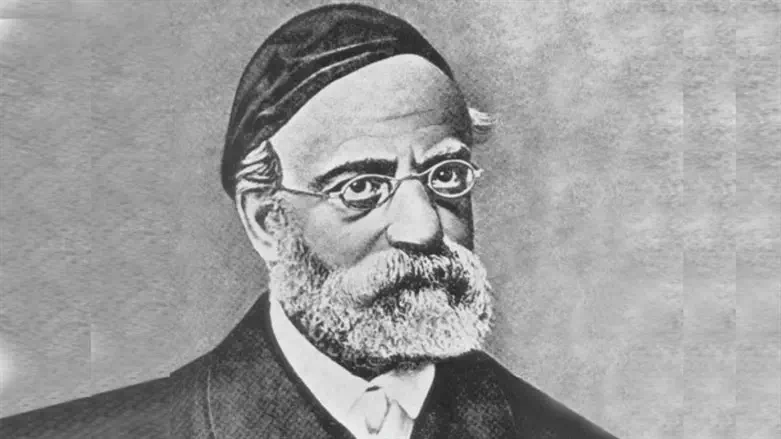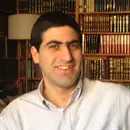
In The Nineteen Letters – which he penned when he was just 28 years old – Rav Hirsch declares that he aims to rediscover this wisdom and present it to young Jews who mistakenly regard Judaism’s laws as pedantic and irrelevant to the modern world.
Perhaps nowhere does Rav Hirsch attempt to do this more than in his commentary to SeferVayikra. Most Biblical commentators write at greatest length on Sefer Bereishis or Sefer Shemos. Not Rav Hirsch. His longest commentary is on Sefer Vayikra. This sefer is replete with laws that seem uninteresting and meaningless, and Rav Hirsch wishes to demonstrate that this perception is grossly mistaken.
For example, we learn in this week’s parshah that korbanot generally must be slaughtered and eaten. Why? Rav Hirsch suggests the following:
Shechitah represents “the giving up of uncontrolled selfish life.” It is a “negation of the life hitherto led.” But G-d also wants us to subsequently eat the korban for, with this consumption, “the living for oneself that had been denied by the shechitah receives the purpose of living in a higher sphere for holy things.”
Why are both necessary?
Because “zevichah [slaughtering] without achilah [eating] would represent self-destruction without any moral purpose and achilah without zevichah an apotheosis of the flesh, raising uncontrolled emancipation of the senses to the ideal godly vocation of man.” Both are wrong.
Moreover, in the context of a korban, “zevichah without achilah would represent the metaphysical lie of the heathen idea that self-destruction is an act that gratifies and appeases the gods who are jealous and wrathful beings; while the latter, achilah without zevichah, would represent the ethical lie of the heathen idea that divine forces are honored by our satisfying our senses.”
Since both would convey the wrong message if done alone, the Torah also prohibits introducing a major break between the two. “Beyom korbano ye’achel – It shall be eaten on the same day that it is offered” (Leviticus 7:15).
Rav Samson Raphael Hirsch (1808-1888) – head of the Jewish community in Frankfurt, Germany for over 35 years – was a prolific writer whose ideas, passion, and brilliance helped save German Jewry from the onslaught of modernity.
Elliot Resnick, PhD, is the host of “The Elliot Resnick Show” and the editor of an upcoming work on etymological explanations in Rav Samson Raphael Hirsch’s commentary on Chumash.
